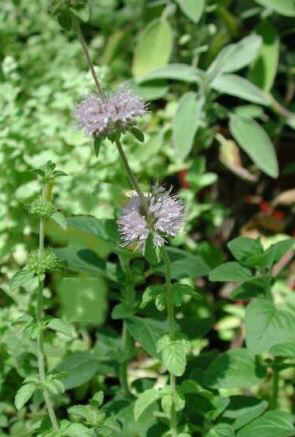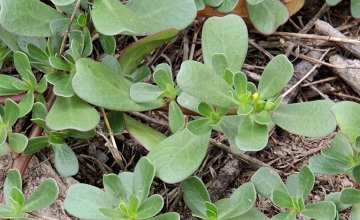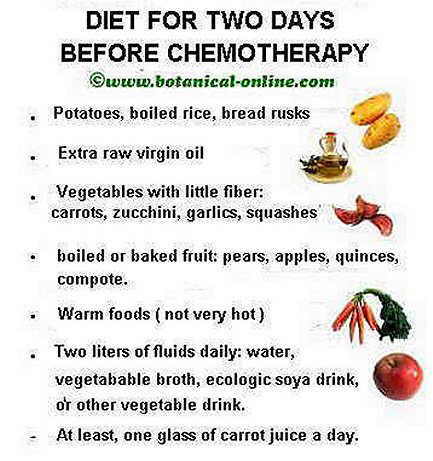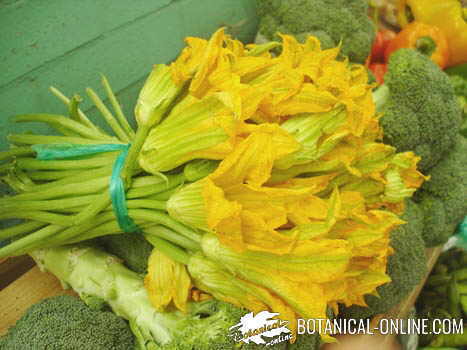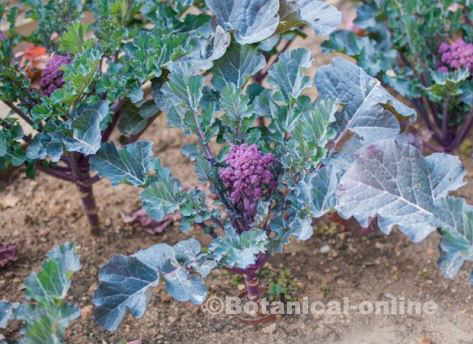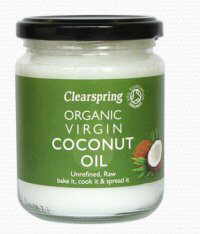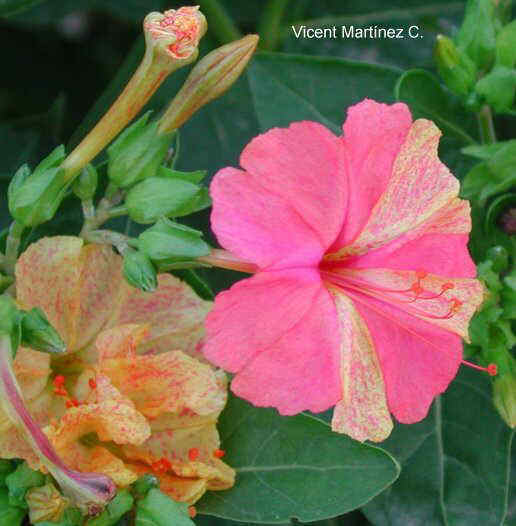Contents
- 1 Water ingestion in chronic kidney disease
- 1.1 INGESTION OF LIQUIDS IN CHRONIC RENAL FAILURE
- 1.2 Why do you have to control liquids?
- 1.3 How much can you drink in chronic kidney disease?
- 1.4 Recommendations for fluid ingestion in chronic renal failure
- 1.5 Restrictions of liquids in CKD
- 1.6 How do you know if you are drinking too much fluid?
- 1.7 How to control drinking and water intake?
- 1.8 Example of daily ingestion of water through food
- 1.9 What can you drink in CKD?
- 1.10 What can you not drink in CKD?
- 1.11 Tips to quench thirst in kidney failure
- 1.12 How to implement all these tips?
Water ingestion in chronic kidney disease
INGESTION OF LIQUIDS IN CHRONIC RENAL FAILURE
Why do you have to control liquids?
In chronic renal failure, the goal is not to exceed the capacity of elimination of the kidneys to preserve renal function. The goal is to balance the water intake (both food and drink), with the loss of water by urine.
Drinking too much fluid can lead to the need to use techniques such as dialysis. This information is further specified and some doubts are resolved: What type of drink is most appropriate? How do I know if I’m drinking too much?
How much can you drink in chronic kidney disease?
The amount of water or liquids you can drink should be referred to your doctor.
It will mainly depend on the filtration capacity of the kidneys, and whether there is any other pathology such as congestive heart disease or edemas.
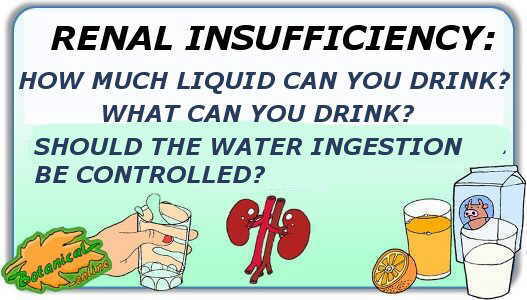
I
ngestion of water and fluids in chronic renal failure. Drawing of kidneys courtesy of ©DibujosparapintarRecommendations for fluid ingestion in chronic renal failure
We recommend weak mineralization wate
The ideal is not to ingest more than 1 liter of liquid a day, including in this count the liquid provided by soups, yogurts, fruits and vegetable creams (foods very rich in water).
- In no case is it recommended to force yourself to drink a lot of water or liquids as it is very harmful to the kidneys and disease
Restrictions of liquids in CKD
In general, when chronic renal failure (CKD) is advanced, the recommendation is to consume between 400 and 500ml (half a liter) of water per day (weak mineralization) per day plus losses corresponding to the volume of urine.
These recommendations vary depending on the stage of CKD, and may increase in case of sweating, diarrhea or vomiting (Consult your physician beforehand).
How do you know if you are drinking too much fluid?
To know if the water intake is correct or if it may have to be rested, it can be very useful to watch your weigh every two or three days.
When weight fluctuations are important (1 or 2 kg difference), it usually indicates that there is edema or fluid retention. In this case, it is advisable to go to the doctor and it is advisable to reduce the salt and the ingestion of liquids and water of the foods.
How to control drinking and water intake?
If the doctor indicates that the liquid needs to be checked, the amount of water contained in the food should be counted.
In advanced kidney disease, the ingestion of fluids is recommended: micturition volume + 500cc between drinking water and diet. When there is oliguria (advanced kidney disease), the micturition volume is 400cc. Therefore, water intake should be between 1 and 1.5 liters of water per day (considering food and drink).
Example of daily ingestion of water through food
Example of daily intake of water in the diet: – 170 gr boiled rice = 130 ml of water – 1 small tomato (100g) = 90 ml of water – 1 egg = 46 ml of water – 1 yogurt = 125 ml of water – 1 potato (140 g) boiled = 100 ml water 140gr broccoli = 125ml water – 100g boiled chicken = 65 ml water – 1 small apple (130g) = 100 ml of water Food without water: oil, oil, toast without salt, homemade ajoaceite sauce,… Total per day: 781 ml of water through food In renal failure, approximately 1 and 1.5 liters of water per day should be taken including food and drink (IMPORTANT: food and drink). It is recommended to use ice cubes made with water and pieces of fruit between hours to quench the thirst. |
What can you drink in CKD?
The best drink is weak mineralizing water. It can be flavored with a little jam or a few drops of lemon.
What can you not drink in CKD?
You should AVOID drinking: soft drinks (phosphates and additives), alcohol (very toxic), juices (lots of potassium), tea (lots of potassium), herbal teas (lots of potassium), sparkling water (lots of salt).
Within all possibilities, the most recommended, only occasionally, would be the water with gas or half a glass of juice.
Tips to quench thirst in kidney failure
You should USE some advice to quench your thirst and avoid having as much desire to drink, as they are:
Take foods that are cold or warm, not hot. Also do not take spicy food or too much spices or aromatic herbs (which have lots of potassium and should not be consumed).
Rinse with cold water, without ingesting it.
Have the daily amount of water prepared: Have a bottle with 200 300 ml of water ready to drink throughout the day and do not exceed that amount of liquid. That way you control not to exceed the amount of liquid daily.
Take cold liquids to quench thirst.
Get used to drinking liquids in small quantities of ¼ or ⅓ of a glass to distribute better during the day. Drink slowly.
Freeze waterrich foods like fruit and eat them in several shots, to spread fresh foods throughout the day. For example, split the fruit into 2 and take one half before the meal and the other half, for dessert.
Ice cubes to quench thirst (orange juice or juice, apple, etc.)
Freeze small pieces of fruit (canned pineapple, melon, watermelon, orange, etc.) and suck them, to quench thirst. It is recommended to freeze them after soaking them because of potassium.
Consult your doctor about how severe the recommendations should be. The more advanced the stage of disease, the more rigid it should be. If the disease is in the early stages and good urination is maintained, these recommendations may be more lax. Check with the practitioner.
How to implement all these tips?
Understanding the difficulty for the patient with CKD to change their diet, Botanical-online has developed the following guidelines in order to facilitate the information:
*More information:
– How to eliminate phosphorus in chronic kidney disease
– Proteins in chronic kidney disease
– List of good and bad food for chronic kidney disease
– How to remove potassium from food
– Supplements for chronic kidney failure
![]() More information on kidney disease diet guide an other kidney diseases.
More information on kidney disease diet guide an other kidney diseases.

